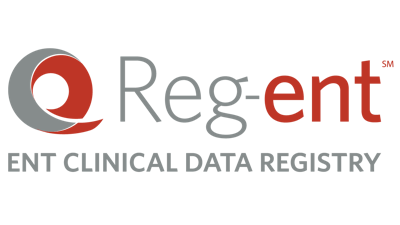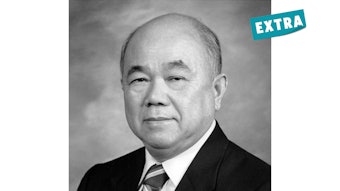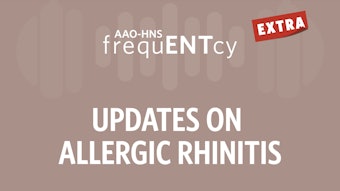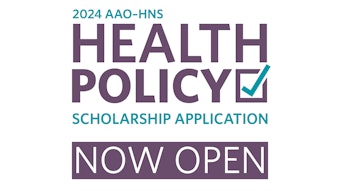Reg-ent Success
Reg-ent Registry celebrates over 10 million unique patients in the Reg-ent dataset.

Launched in 2016, Reg-ent has expanded into the largest national, otolaryngology-specific clinical data repository. Participating Reg-ent members from academic medical centers and private practices across the United States have been sharing structured and unstructured electronic health records data as well as ancillary data (audiograms, patient-reported outcomes, radiology reports, and laboratory reports).
It is important to note that the data contributed by Reg-ent participants has allowed us to build a comprehensive dataset beyond the quality measures data dictionary required for public reporting. We have identified a diverse network of encounters and procedures specific to otolaryngology-head and neck surgery. The comprehensiveness of the data makes it ideal for research studies.
Examples of the top diagnoses and procedures observed in the Reg-ent dataset are listed below:
 Figure 1. ICD9 and ICD10 parent codes were aggregated to illustrate the total patient visits for related conditions (the right-most column).
Figure 1. ICD9 and ICD10 parent codes were aggregated to illustrate the total patient visits for related conditions (the right-most column).
 Figure 2. Top surgical procedures.
Figure 2. Top surgical procedures.
This Reg-ent de-identified dataset can be used by Reg-ent participants to answer research questions and for quality improvement projects. Active Reg-ent participants are eligible to request data sets from Reg-ent for research by submitting the Reg-ent Research Data Request Form. An initial review of data request forms will be completed by AAO-HNSF Research and Quality staff before the completed forms are submitted to the Reg-ent Research Advisory Group. Applications will be evaluated and prioritized on a rolling basis. Current studies will be listed on the Reg-ent Research website to avoid duplication of efforts.
The AAO-HNSF has invested in building an infrastructure for this current development phase, including creating opportunities for research and advocacy with Reg-ent. This phase will allow otolaryngologists to further define the best otolaryngology care and identify quality improvement opportunities for patients treated by the specialty.
Please visit the Reg-ent website today to learn more about participating and the opportunity to contribute data to this unique and growing asset.




















